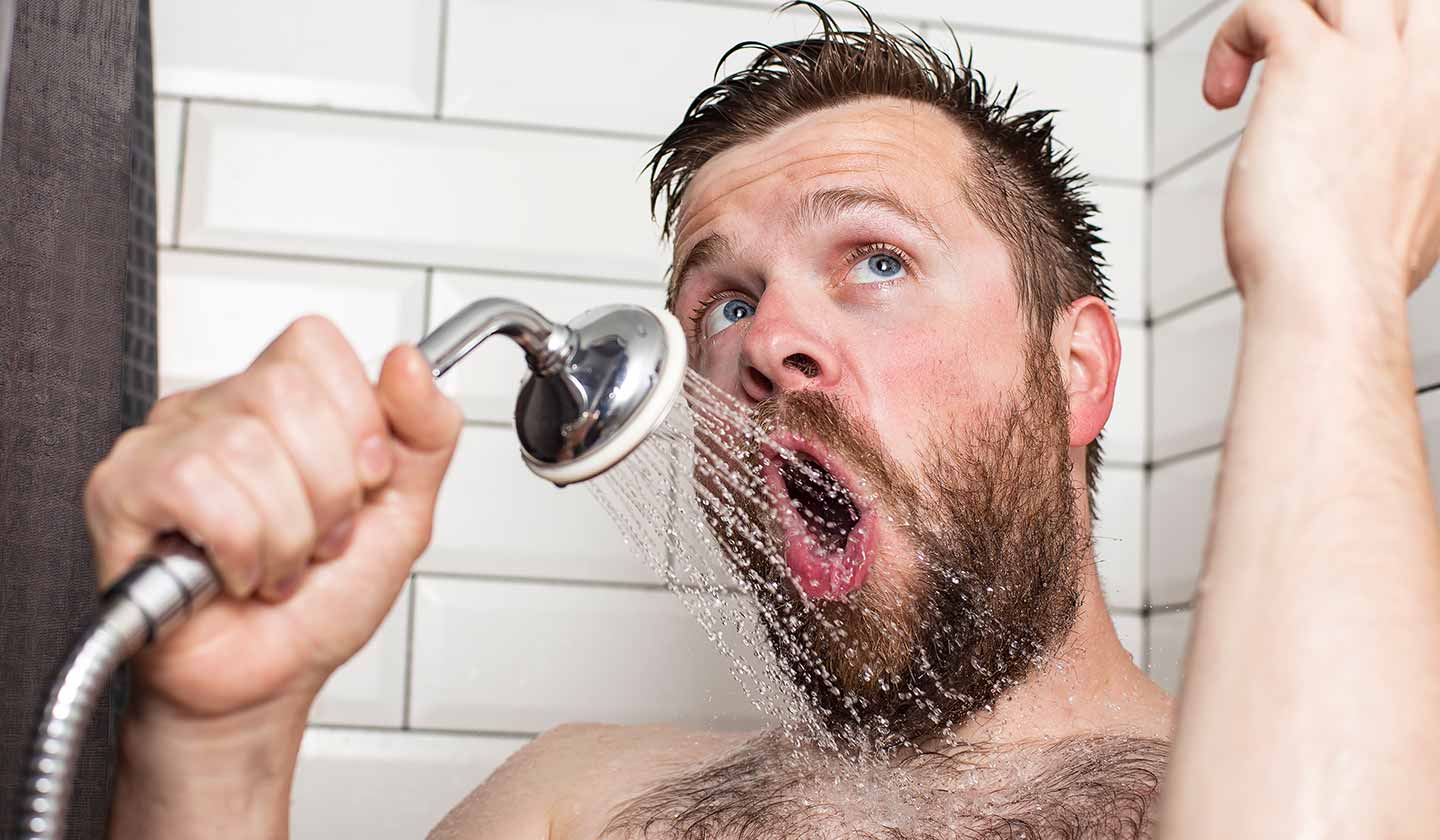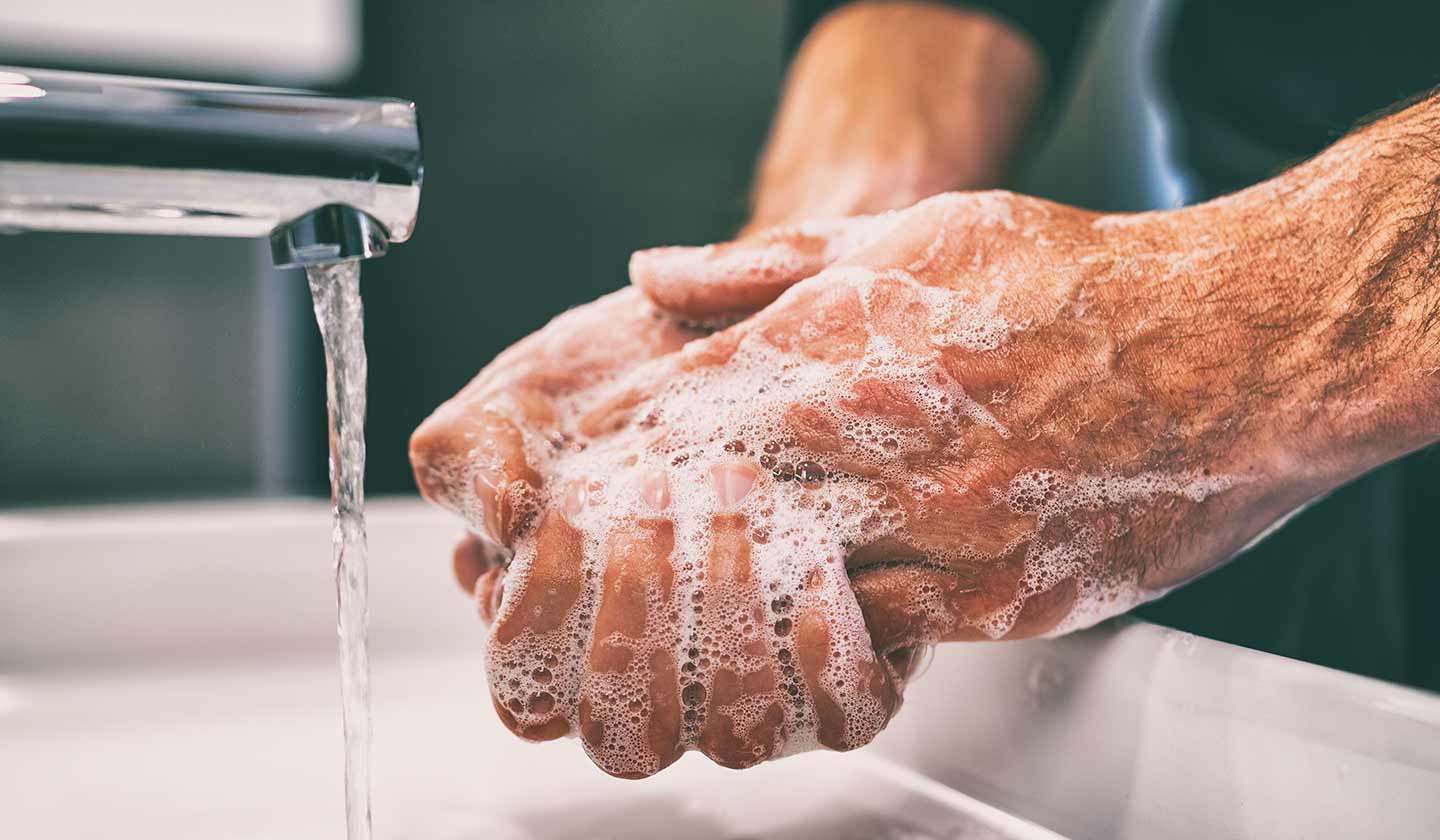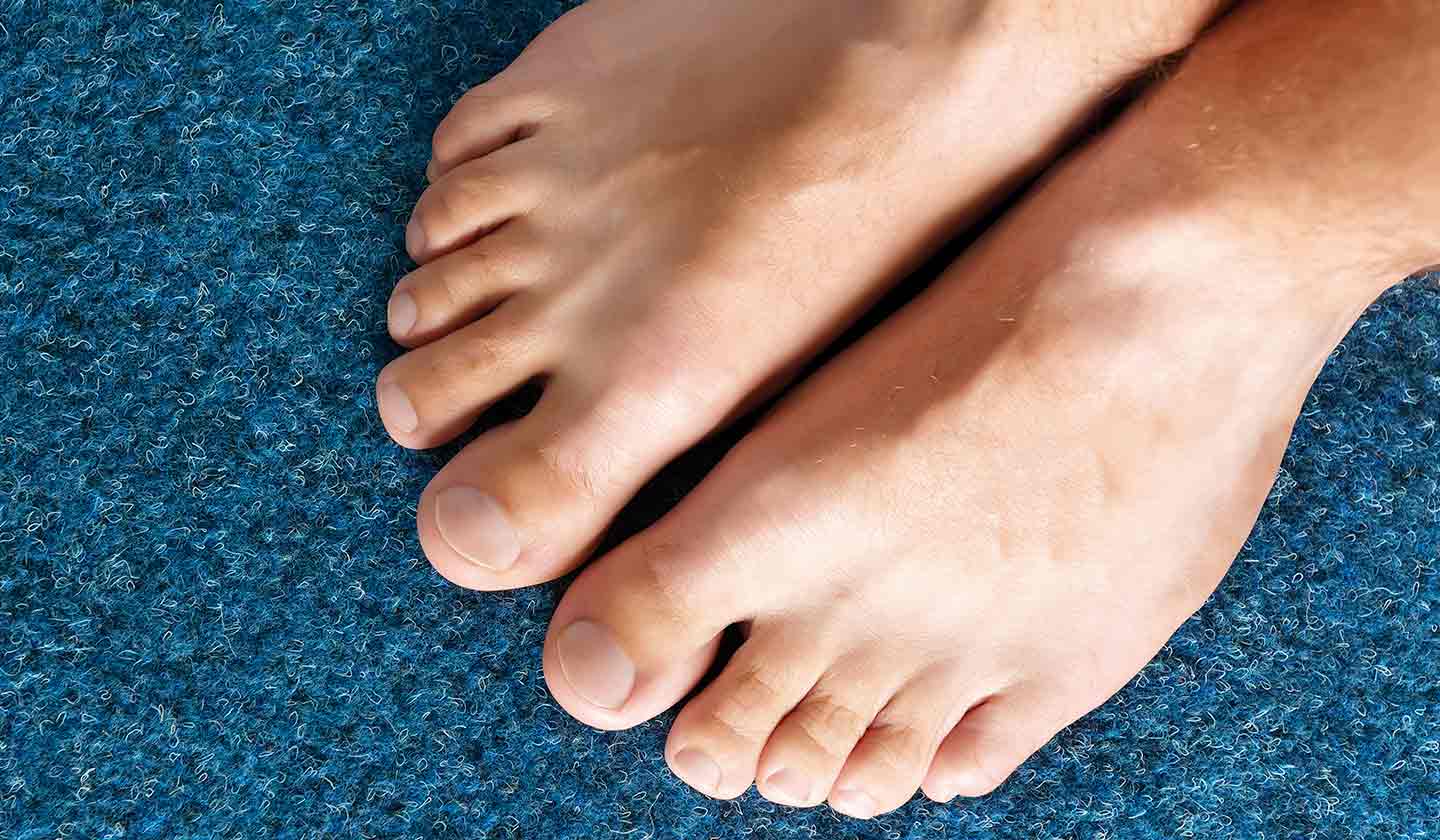Higiene
Male Hygiene - Importance and Tips

Intimate hygiene is an essential part of any individual's general health care. Male intimate hygiene is as vital as any other personal care routine.

The Importance of Male Intimate Hygiene
The male genital area is susceptible to bacteria, fungi and other microorganisms that can proliferate if not properly maintained. Proper intimate hygiene not only helps prevent the build-up of sweat, bacteria and unpleasant odours, but also helps prevent infections, irritations and other health problems. What's more, taking care of intimate hygiene can improve a man's comfort and confidence in his daily activities.
Tips for Men's Intimate Hygiene
- Wash regularly: Wash the genital area with warm water and a mild soap suitable for the intimate area. Avoid perfumed or aggressive soaps, as they can cause irritation.
- Proper cleaning: When washing the penis, remember to retract the foreskin (if applicable) to carefully clean the area under it. Make sure to rinse thoroughly to remove any soap residue.
- Attention to Hygiene After Urination: After urinating, it is advisable to use toilet paper to dry the area. This helps prevent excessive moisture, which can lead to the growth of bacteria.
- Choose suitable underwear: Wear cotton underwear and avoid synthetic materials, as cotton is more breathable and absorbent, reducing moisture build-up.
- Change your underwear regularly: Change your underwear daily and after physical activity. This helps keep the area dry and free of bacteria.
- Proper Drying: After showering or exercising, dry the genital area completely with a clean, soft towel.
- Nail Trimming and Hygiene: Keep your nails short and clean to prevent dirt and bacteria from accumulating under the nails.
- Practise Safe Sex: If you are sexually active, use condoms to prevent sexually transmitted infections (STIs) and wash after sex.
- Avoid Scented Products: Avoid using scented products, such as talc or sprays, in the genital area, as they can cause irritation.
- Regular Medical Consultations: If you notice any irritation, persistent itching, pain or unusual changes in the genital area, consult a health professional for assessment and guidance.
The Importance of Hand and Foot Hygiene
Hands and feet are parts of the body that are constantly in contact with various surfaces and environments. Keeping these areas clean and well cared for not only contributes to their aesthetic appearance, but also helps prevent the spread of microorganisms, infections and unpleasant odours. Dirty hands can transfer bacteria to the face and other sensitive places, while poorly sanitised feet can lead to fungal infections and unwanted odours.
Tips for Hand and Foot Hygiene

1. Hand hygiene
- Wash Your Hands Regularly: Wash your hands with soap and water for at least 20 seconds, especially after using the toilet, before eating and after touching potentially dirty surfaces.
- Remember Your Nails: Keep your nails short and clean. Wash well under your nails and use a nail brush to remove rubbish.
- Moisturise properly: Use a moisturising cream after washing your hands to prevent the skin from becoming dry and flaking.
- Avoid biting your nails: biting your nails can introduce bacteria into your mouth. Try to avoid this habit.

2. Foot Hygiene
- Wash Your Feet Daily: Wash your feet with warm water and mild soap. Make sure you dry thoroughly between your toes, where moisture can lead to fungal growth.
- Choose Suitable Footwear: Wear shoes that allow your feet to ventilate and absorb moisture. Avoid tight shoes, as this can cause friction and blisters.
- Keep Your Feet Dry: Wear cotton socks, which absorb moisture. Change your socks regularly, especially if your feet are sweaty.
- Watch out for ingrown toenails: Cut your toenails straight across and avoid cutting them too short to avoid ingrown toenails.
- Moisturise your feet: Use a moisturising cream on your feet to avoid dry, cracked skin.

3. General care
- Avoid Sharing Personal Items: Don't share towels, shoes or personal care items with other people to reduce the risk of infection.
- Practise Regular Hygiene: Maintain a consistent hand and foot hygiene routine, especially after physical activity or exposure to dirty environments.
- Examine and Care for Wounds: Check your hands and feet regularly for wounds, cuts or irritated areas. Treat these areas with care and keep them clean.
Conclusion
Male intimate hygiene is fundamental to maintaining the health and comfort of the genital area. Hand and foot hygiene is essential for maintaining health, preventing infections and promoting general well-being. By adopting regular cleaning and care habits, men can keep their health in optimal condition. Remember that each person is unique, so it's important to adapt these tips to your own personal needs and preferences. Consulting a health professional if you have any questions or concerns is always advisable.
Ana Neto
(Pharmaceutical)
Também lhe poderá interessar
Digestive system
Good habits, good breath
Dermatology






